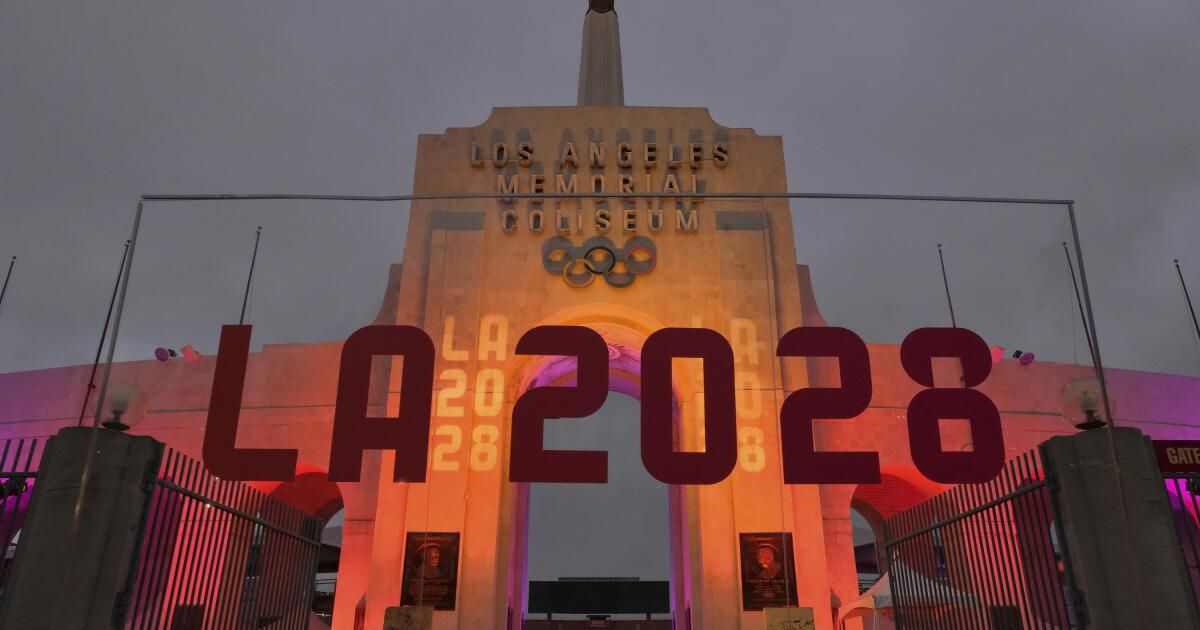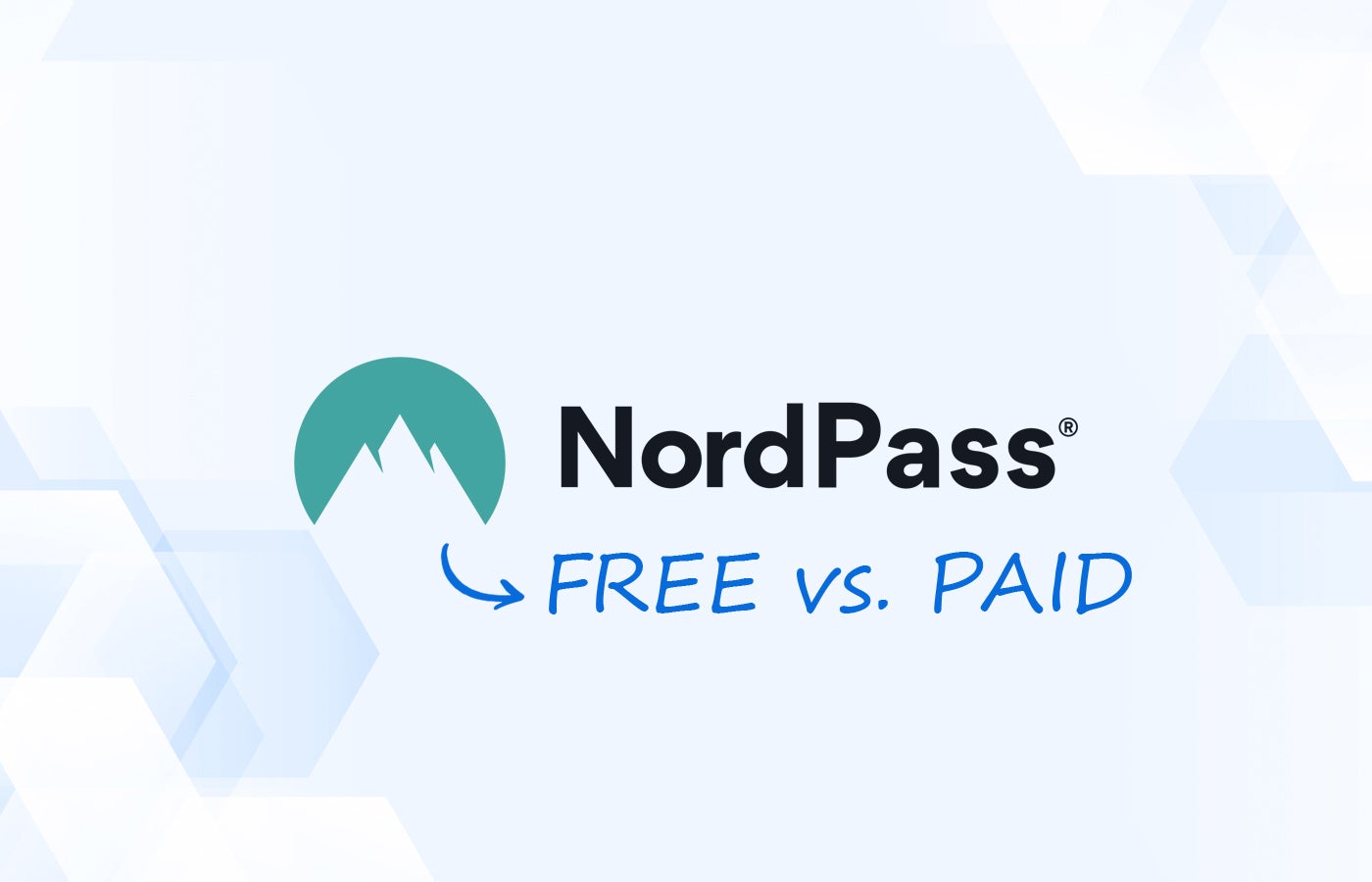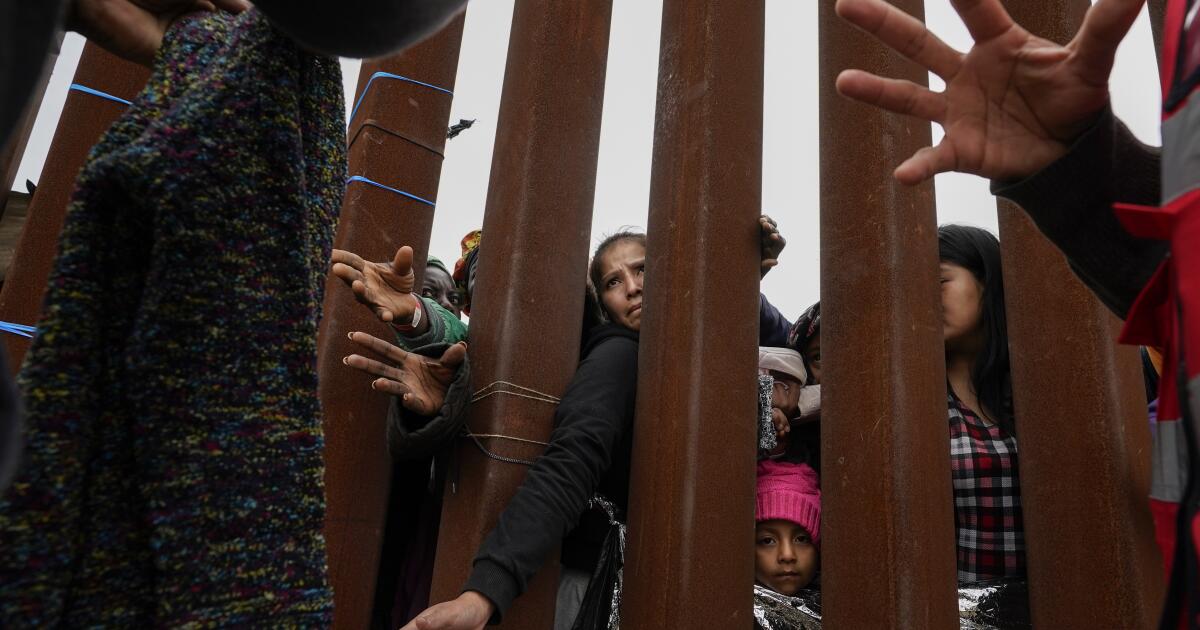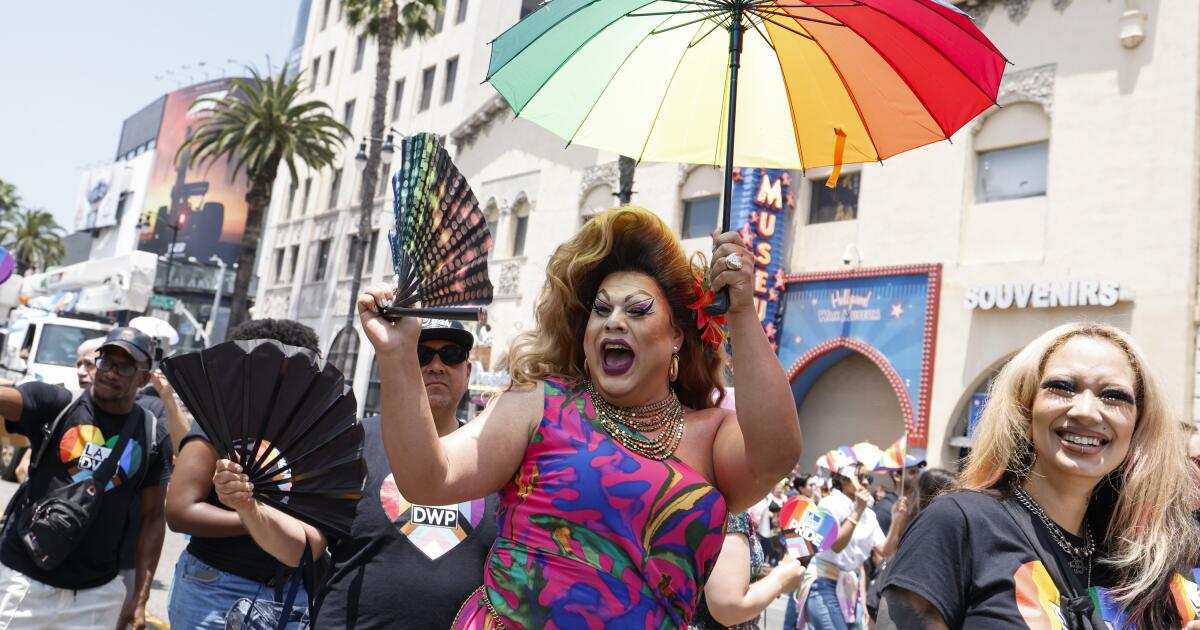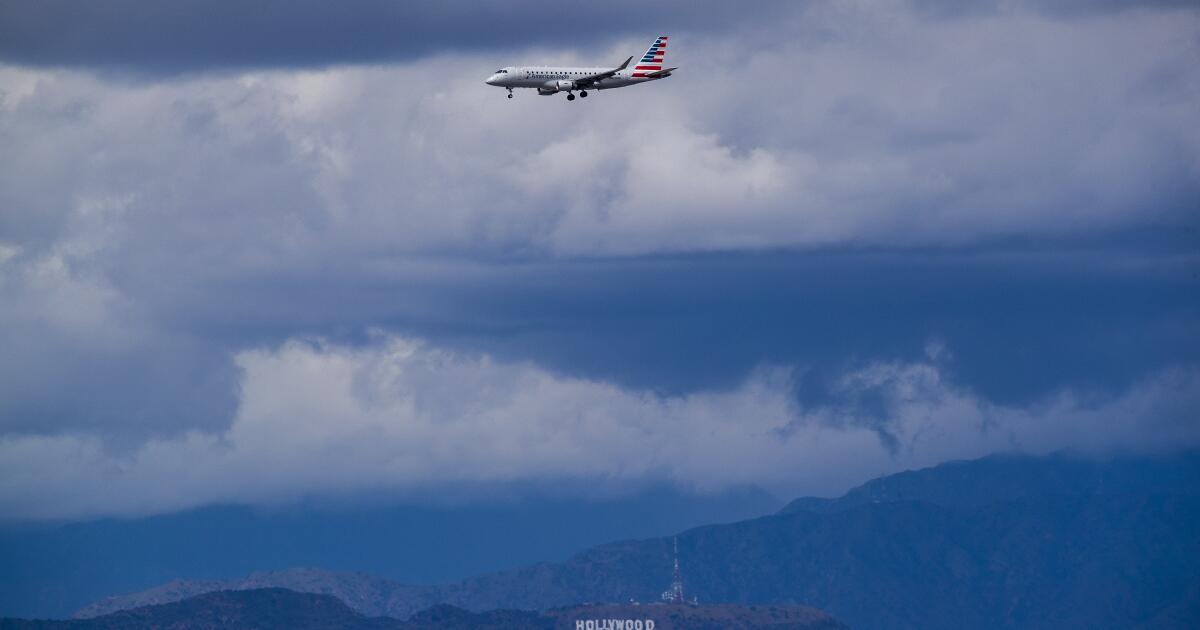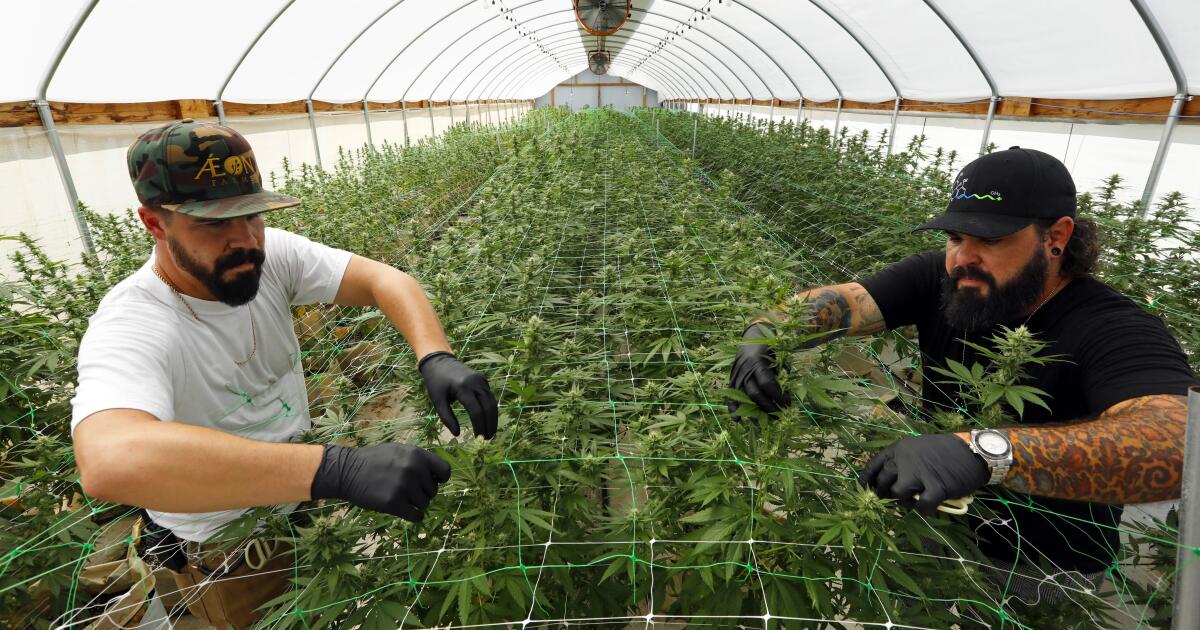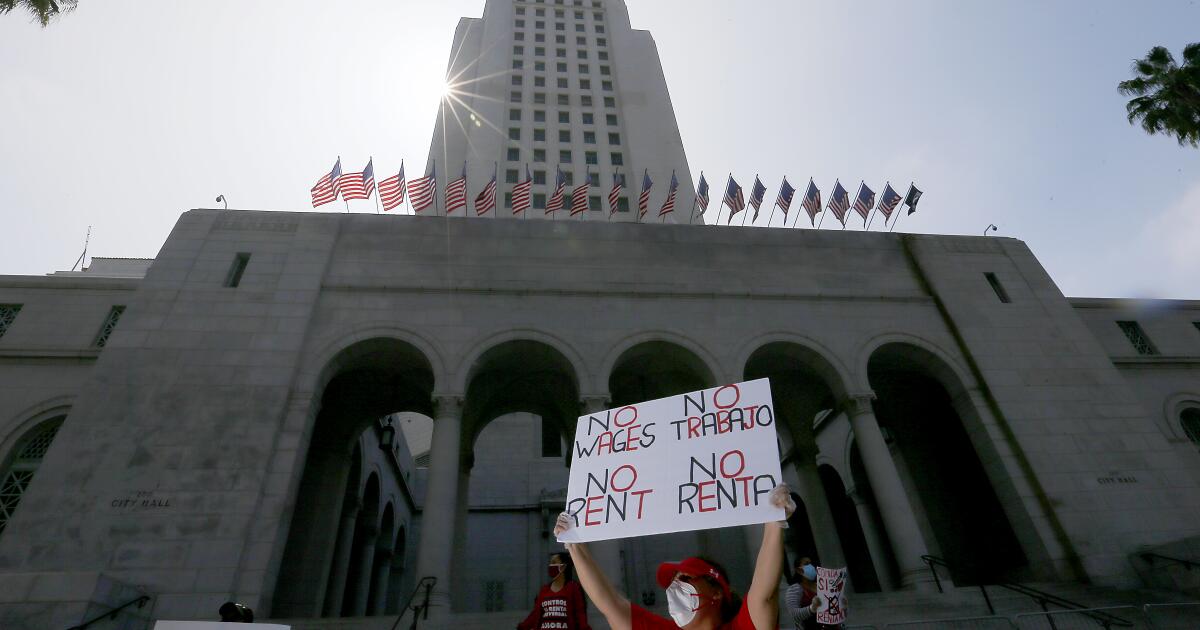To the editor: There was one huge factor that wasn't mentioned in your article about traffic at the 2028 Summer Olympics in Los Angeles.
My parents, who were sweethearts during the 1932 Games, walked from their medical practices at California Hospital on Hope Street to the Los Angeles Memorial Coliseum. I well remember the glorious traffic-free roads at our last Olympic Games in 1984.
Why was there so little traffic? One reason: during the 1984 Games, deliveries by truck could only be made at night. Businessmen were not happy, but it was only for a few weeks.
Imagine the difference it would make to today's traffic if we didn't have trucks on the roads during rush hour. That should be a priority again by 2028.
Meg Quinn Coulter, Los Angeles
..
To the editor: It is not a bad idea to limit cars at Olympic venues if there are enough buses that run frequently, are economical, safe and clean.
I recently went to the Hollywood Bowl and parked in the LA Zoo parking lot, from where I took a shuttle bus to the grounds. It was quick and easy, there was plenty of parking and no traffic.
Henry Nowakowski, Orange
..
To the editor: The 2028 Olympics will cost around $7 billion. The problem is that the city and state have agreed to pay costs that cannot be covered by Olympic revenues, possibly worth hundreds of millions of dollars.
Don't worry, friends: Even with our overburdened infrastructure, the Hollywood sign shines brightly over the estimated 45,000 homeless people living on the streets of Los Angeles.
LA28 organizers, with movie star power, will overcome all obstacles to cover the $7 billion, while the city's homeless residents continue to suffocate under a highway bridge.
Mark Shapiro, Los Angeles

